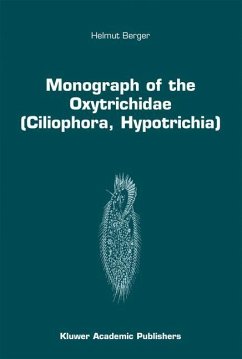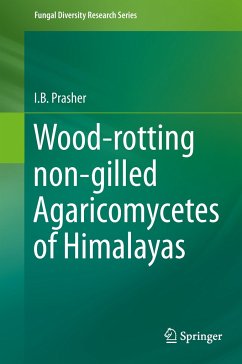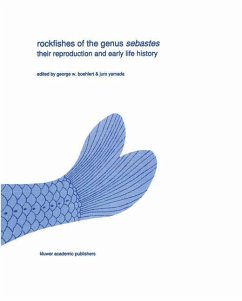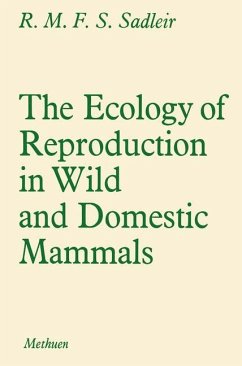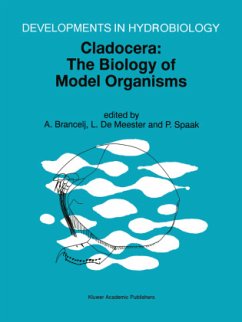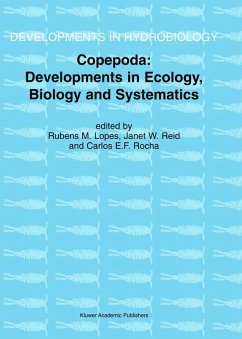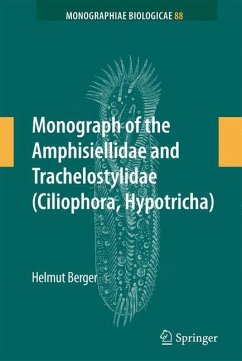
Monograph of the Amphisiellidae and Trachelostylidae (Ciliophora, Hypotricha)
Versandkostenfrei!
Versandfertig in 6-10 Tagen
228,99 €
inkl. MwSt.
Weitere Ausgaben:

PAYBACK Punkte
114 °P sammeln!
This book is the third of six volumes which review the Hypotricha, a major group of the spirotrichous ciliates. It is about the Amphisiellidae, the Trachelostylidae, and some genera of unknown position in the Hypotricha. Further, it comprises supplements to the Oxytrichidae and the Urostyloidea.The Amphisiellidae are characterised by a more or less distinct ventral file, termed amphisiellid median cirral row. They produce their frontal-ventral-transverse cirri from six anlagen, a feature taken over from the ground pattern of the Hypotricha. Trachelostyla, the eponymous type of the Trachelostyl...
This book is the third of six volumes which review the Hypotricha, a major group of the spirotrichous ciliates. It is about the Amphisiellidae, the Trachelostylidae, and some genera of unknown position in the Hypotricha. Further, it comprises supplements to the Oxytrichidae and the Urostyloidea.
The Amphisiellidae are characterised by a more or less distinct ventral file, termed amphisiellid median cirral row. They produce their frontal-ventral-transverse cirri from six anlagen, a feature taken over from the ground pattern of the Hypotricha. Trachelostyla, the eponymous type of the Trachelostylidae, is an 18-cirri hypotrich, which lacks - like the amphisiellids - dorsomarginal kineties. The lack of these kineties indicates that both taxa branch off rather early in the hypotrich tree. The core amphisiellids (e.g., Amphisiella, Spiroamphisiella) and the trachelostylids are confined to marine habitats. By contrast, the other genera reviewed in this volume (e.g., Lamtostyla, Hemisincirra) are mainly terrestrial. A total of 89 species, distributed in 27 genera, are revised in detail, that is, almost all morphological, ontogenetic, faunistic, and ecological data, scattered in almost 600 papers are summarised. With the monographs of the Oxytrichidae, the Urostyloidea, and the Amphisiellidae and Trachelostylidae the interested scientist can identify more than 410 species of hypotrichs. The treatise offers taxonomists, cell biologists, ecologists, molecular biologists, and practitioners a thorough and up-to-date overview about this highly interesting group of ciliates.
The Amphisiellidae are characterised by a more or less distinct ventral file, termed amphisiellid median cirral row. They produce their frontal-ventral-transverse cirri from six anlagen, a feature taken over from the ground pattern of the Hypotricha. Trachelostyla, the eponymous type of the Trachelostylidae, is an 18-cirri hypotrich, which lacks - like the amphisiellids - dorsomarginal kineties. The lack of these kineties indicates that both taxa branch off rather early in the hypotrich tree. The core amphisiellids (e.g., Amphisiella, Spiroamphisiella) and the trachelostylids are confined to marine habitats. By contrast, the other genera reviewed in this volume (e.g., Lamtostyla, Hemisincirra) are mainly terrestrial. A total of 89 species, distributed in 27 genera, are revised in detail, that is, almost all morphological, ontogenetic, faunistic, and ecological data, scattered in almost 600 papers are summarised. With the monographs of the Oxytrichidae, the Urostyloidea, and the Amphisiellidae and Trachelostylidae the interested scientist can identify more than 410 species of hypotrichs. The treatise offers taxonomists, cell biologists, ecologists, molecular biologists, and practitioners a thorough and up-to-date overview about this highly interesting group of ciliates.




